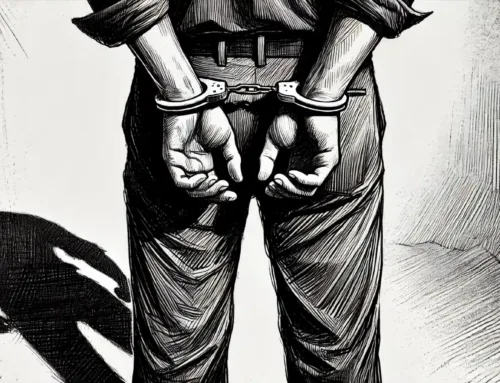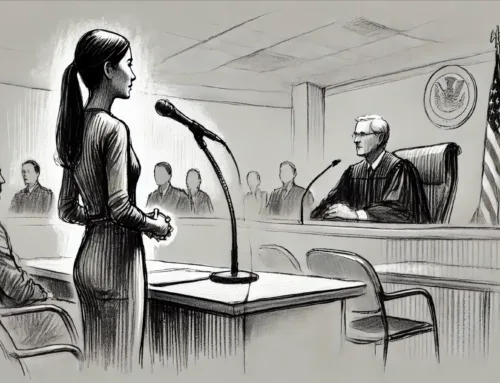In Florida, a person can seek several types of injunctions depending on the particular circumstances, including:
- Domestic violence injunctions, which are designed to protect victims of domestic violence from further harm by their abuser.
- Repeat violence injunctions, which are similar to domestic violence injunctions, but are designed to protect victims of repeat violence from further harm by their abuser.
- Stalking injunctions, which are designed to protect victims of stalking from further harm by their stalker.
- Dating violence injunctions, which are designed to protect victims of dating violence from further harm by their abuser.
- Sexual violence injunctions, which are designed to protect victims of sexual violence from further harm by their abuser.
- Elderly abuse injunctions, which are designed to protect elderly individuals from further harm by their abuser.
It’s important to note that the specific types of injunctions available may vary depending on the circumstances of each case. Sometimes, people refer to injunctions as “restraining orders” or “orders of protection.”
Proving an Injunction Case
The victim must provide evidence of the abuse to the court to obtain an injunction. This evidence can include, but is not limited to:
- Police reports
- Medical records
- Photos or videos of the abuse
- Statements from witnesses to the abuse
The petitioner must provide the court with evidence that it is highly probable or reasonably certain that the allegations are true. If the court determines that the victim has provided sufficient evidence of abuse, it may issue an injunction against the abuser.
Duration of Injunctions
In Florida, the duration of an injunction can vary. Although the hearing is called a “permanent injunction hearing,” judges don’t necessarily issue injunctions indefinitely. Some injunctions may last for six months or one year. Others may be in effect until further order of the court.
Consequences of an Injunction Issued Against You
If a judge issues an injunction against you in Florida, there are several potential consequences you could face. These could include being required to have no contact with the petitioner, limited or supervised time-sharing with children, being ordered to leave your residence, and paying support for minor children and/or the petitioner. Additionally, state and federal laws prohibit the respondent from possessing firearms or ammunition. This could affect law enforcement officers or anyone else who uses weapons in their job. The respondent’s employment status or future employment applications may also be affected, as well as their professional licenses and ability to enter the military or attend schools, colleges, and universities. A final injunction is enforceable in all 50 states and US territories, and violating it could result in arrest and a first-degree misdemeanor charge, with a maximum sentence of one year. If the respondent stalks the petitioner who has the injunction against them, they may be charged with aggravated stalking, a third-degree felony.
Questions About Injunctions?
The consequences of an injunction will vary depending on the circumstances of each case. If you have been served with an injunction, contact our law firm today to speak with an experienced injunction attorney who can help you understand your rights and options.







